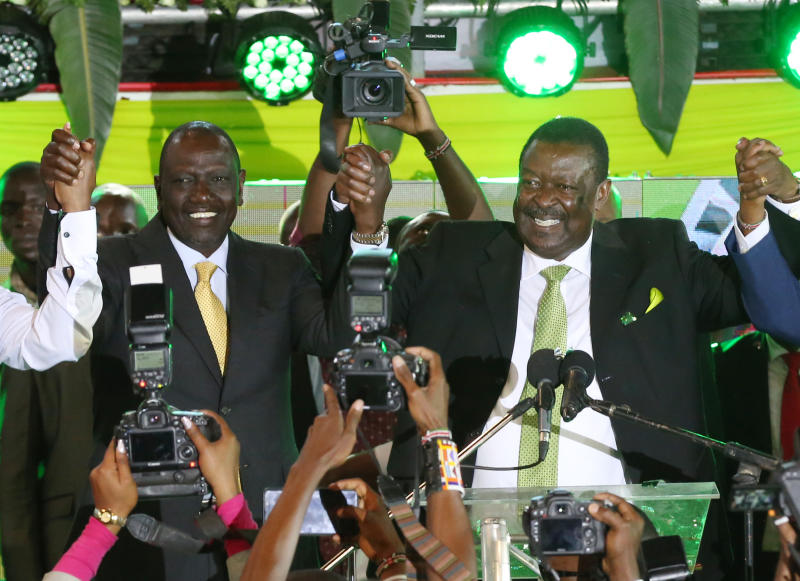
Political jokes, correctly delivered, assuage tensions while conveying serious messages. Levity is dependent on the panache of the deliverer and their ability to communicate succinctly. The most effective speakers are those who express themselves in tones with nuanced meanings that are easily understood by their audience.
Former President Mwai Kibaki was master of the political punchline. Asked whether he thought the removal of the then ruling party Kanu was imminent, he famously retorted that it was like “trying to cut down a Mugumo tree with a razor blade.” With a humorous one-liner, he threw the futility of such action into stark relief!